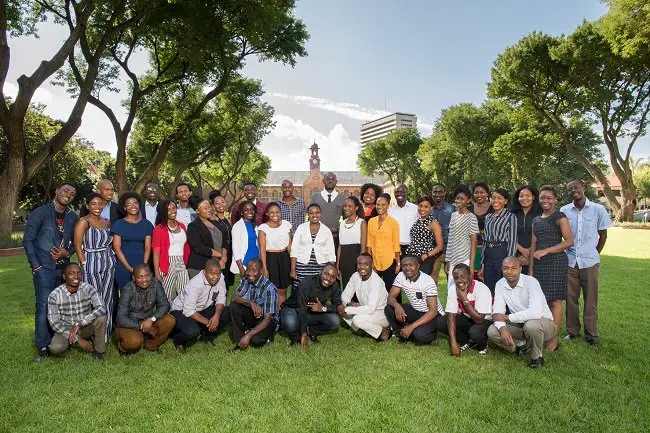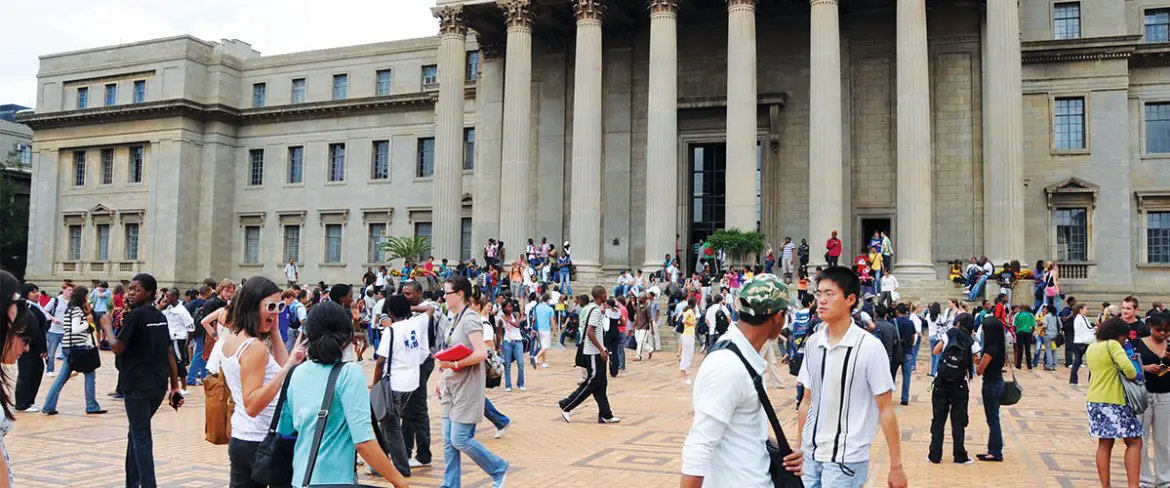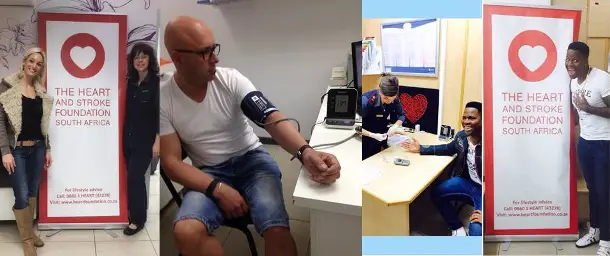The University of Pretoria (UP) in partnership with the Mastercard Foundation (MCF) is delighted to announce MasterCard Foundation Scholarship commencing in January 2019. This scholarship is available for high achieving African students interested in studying at undergraduate or postgraduate levels.
The MasterCard Foundation Scholars Program is a 10-year, $500 million global initiative to educate and develop next-generation leaders who will contribute to social and economic transformation. The Program enables young people from economically disadvantaged communities to complete quality secondary and university education, and make successful transitions to further education or careers in their home countries.
The vision of UP is to be a leading research-intensive university in Africa, recognized internationally for its quality, relevance and impact, as also for developing people, creating knowledge and making a difference locally and globally.
Scholarship Description:
Applications Deadline: Applications to study at the UP open on March 1, 2018, and close on August 30, 2018. Applications for the MCFSP open on May 1, 2018, and close on September 15, 2018.
Course Level: Scholarships are available to pursue Undergraduate and Postgraduate programs commencing in January 2019.
Study Subject: Mastercard Foundation offers a full scholarship to students who have applied for and been admitted to one of the following undergraduate study programmes at the University
of Pretoria:
Faculty of Engineering
BEng (Industrial Engineering)
BEng (Chemical Engineering)
BEng (Civil Engineering)
BEng (Electrical Engineering)
BEng (Electronic Engineering)
BEng (Mechanical and Aeronautical Engineering)
BEng (Mining Engineering)
BEng (Computer Engineering)
Faculty of Economic and Management Sciences
BCom (Accounting Science)
BCom (Financial Science)
BCom (Economics)
BCom (Informatics)
BCom (Agribusiness Management)
Faculty of Natural and Agricultural Sciences
BScAgric (Food Science and Technology)
BScAgric (Agricultural Economics/Agribusiness Management)
BScAgric (Animal Science)
BScAgric (Plant Pathology)
BScAgric (Applied Plant and Soil Sciences)
Faculty of Humanities
BSW – Bachelor of Social Work
BPolSci – Political Sciences
Faculty of Education
BEd (Senior Phase and Further Education and Training Teaching)
Postgraduate Study Programmes
Honours and Masters degree applications will be accepted in the fields of Engineering, Natural and Agricultural Sciences and Economic and Management Sciences.
Scholarship Award: If your application is successful, the Program will cover the following:
Full tuition fees
Accommodation and meals in a UP residence or UP-accredited accommodation
A modest monthly stipend
Textbooks and printed material
Medical aid cover for the duration of the study
VISA costs
Reasonable travel costs (including flight ticket) to and from your home
Leadership development opportunities
Academic advising and counselling support
Nationality: African students are eligible to apply for this scholarship.
Number of Scholarships: Numbers not given
Scholarship can be taken in South Africa
Eligibility for the Scholarship:
Eligible Countries: African students are eligible to apply for this scholarship.
Algeria, Angola, Benin, Botswana, Burkina Faso, Burundi, Cameroon, Cape Verde, Central African Republic, Chad, Comoros, Ivory Coast, Djibouti, Egypt, Equatorial Guinea, Eritrea, Ethiopia, Gabon, Gambia, Ghana, Guinea, Guinea-Bissau, Kenya, Lesotho, Liberia, Libya, Madagascar, Malawi, Mali, Mauritania, Mauritius, Morocco, Mozambique, Namibia, Niger, Nigeria, Republic of the Congo, Rwanda, Sao Tome and Principe, Senegal, Seychelles, Sierra Leone, Somalia, South Africa, Sudan, Swaziland, Tanzania, Togo, Tunisia, Uganda, Western Sahara, Zambia and Zimbabwe.
Entrance Requirements: Applicants must meet the following criteria:
Candidates should be citizens of the Sub-Saharan African country.
Applicants should come from economically disadvantaged backgrounds and demonstrate financial neediness.
Candidates should demonstrate leadership potential and ought to be involved in a giving back project e.g. in a community, at school, church etc
Academic excellence is paramount and students have to maintain a high academic average at all times.
Candidates need to be first time applicants as first-year students in the degree programme.
Undergraduate Scholars
Please note that the scholarship is for first-time applicants, applying as first-year students to undergraduate programmes. The MCFSP currently offers scholarships to students who have applied for and have been admitted to one of the following faculties at UP:
Faculty of Natural and Agricultural Sciences
Faculty of Economic and Management Sciences
Faculty of Humanities for entry into the BPolSci (Political Studies or International Studies only)
Postgraduate Scholars
Faculty of Natural and Agricultural Sciences
Faculty of Economic and Management Sciences
Faculty of Humanities for entry into the Honours or Masters (Political Studies or International Studies only)
Faculty of Engineering – continuing students are eligible to apply
English Language Requirements: Applicants whose first language is not English are usually required to provide evidence of proficiency in English at the higher level required by the University.
South Africa Scholarships

Application Procedure:
How to Apply: Steps to apply are given below:
Step 1
-You may apply online
-To use the online Application system, you will need Internet access and an email address that you can access regularly. As soon as you submit your online application, a student number (EMPLID) will be sent to this email address as confirmation of receipt.
-Alternatively, you can submit a hard copy of your application form to the University of Pretoria address.
Step 2
-The application will be evaluated by members of the relevant faculty and you will be informed of the outcome.
-Undergraduate applicants are required to write the Scholastic Aptitude Test (SAT) or the National Benchmark Test (NBT).
Step 3
-Download application forms for the MCFSP from the website.
Online Scholarship Application
Scholarship Link




